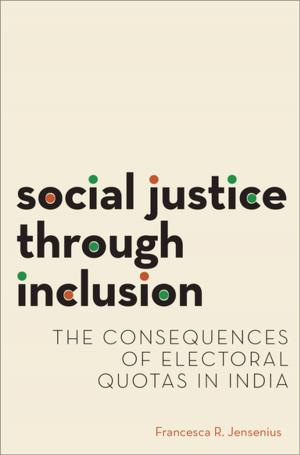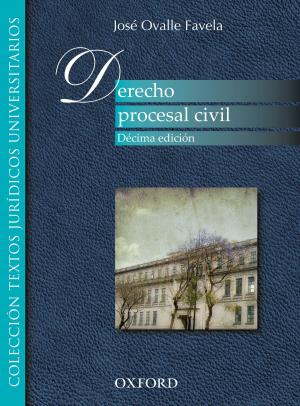| Author: | Paul M. Postal | ISBN: | 9780190290412 |
| Publisher: | Oxford University Press | Publication: | January 15, 2004 |
| Imprint: | Oxford University Press | Language: | English |
| Author: | Paul M. Postal |
| ISBN: | 9780190290412 |
| Publisher: | Oxford University Press |
| Publication: | January 15, 2004 |
| Imprint: | Oxford University Press |
| Language: | English |
This volume consists of an introduction and two groups of essays by Paul M. Postal, each with a connecting theme. The first, positive group of papers, contains five previously unpublished studies of English syntax. These include a long study of so-called "locative inversion," two investigations related to raising to non-subject status, an argument for the existence of a hitherto ignored nominal grammatical category and a study of vulgar negative polarity items. Each investigation of specific English details is argued to have significant theoretical consequences. The second, negative group of papers, contains seven essays each of which seeks to show that aspects of contemporary linguistic activity are in part contaminated by elements of what is called "junk linguistics." Postal uses the term to denote work which advances proposals, puts forward claims and asserts deep results which, he argues, can only be accepted by ignoring serious standards of inquiry and scholarship. Postal claims that much of this work is nonetheless currently considered not only serious but prestigious reveals the problem to exist at the core of the field, not its periphery. These chapters include documentation of "junk linguistic" aspects in National Science Foundation refereeing, work on the foundations of linguistics, and even in widespread terminological usages. The final chapter briefly lists personal suggestions for dealing with this problem.
This volume consists of an introduction and two groups of essays by Paul M. Postal, each with a connecting theme. The first, positive group of papers, contains five previously unpublished studies of English syntax. These include a long study of so-called "locative inversion," two investigations related to raising to non-subject status, an argument for the existence of a hitherto ignored nominal grammatical category and a study of vulgar negative polarity items. Each investigation of specific English details is argued to have significant theoretical consequences. The second, negative group of papers, contains seven essays each of which seeks to show that aspects of contemporary linguistic activity are in part contaminated by elements of what is called "junk linguistics." Postal uses the term to denote work which advances proposals, puts forward claims and asserts deep results which, he argues, can only be accepted by ignoring serious standards of inquiry and scholarship. Postal claims that much of this work is nonetheless currently considered not only serious but prestigious reveals the problem to exist at the core of the field, not its periphery. These chapters include documentation of "junk linguistic" aspects in National Science Foundation refereeing, work on the foundations of linguistics, and even in widespread terminological usages. The final chapter briefly lists personal suggestions for dealing with this problem.















